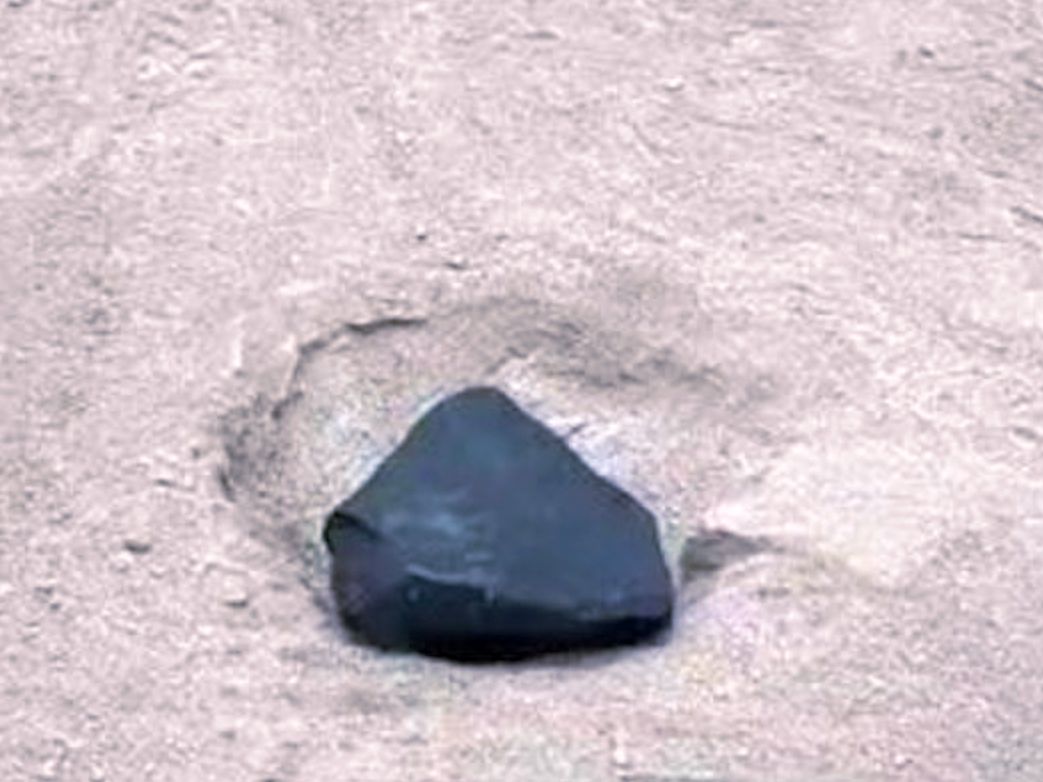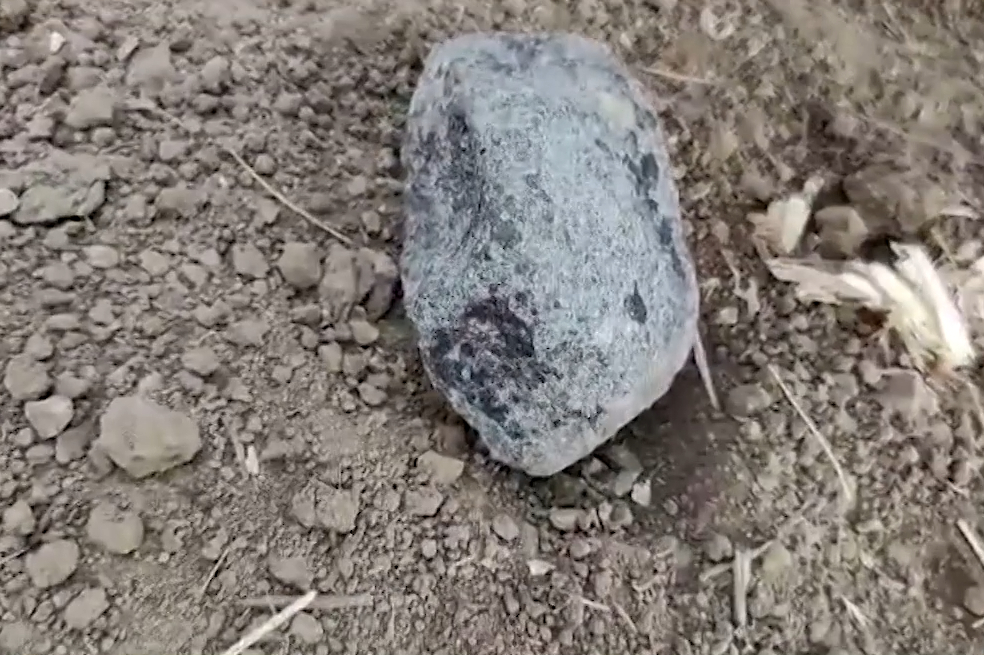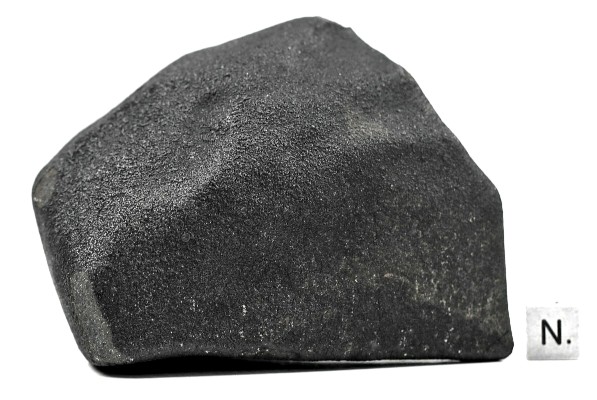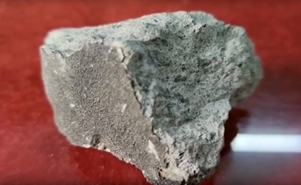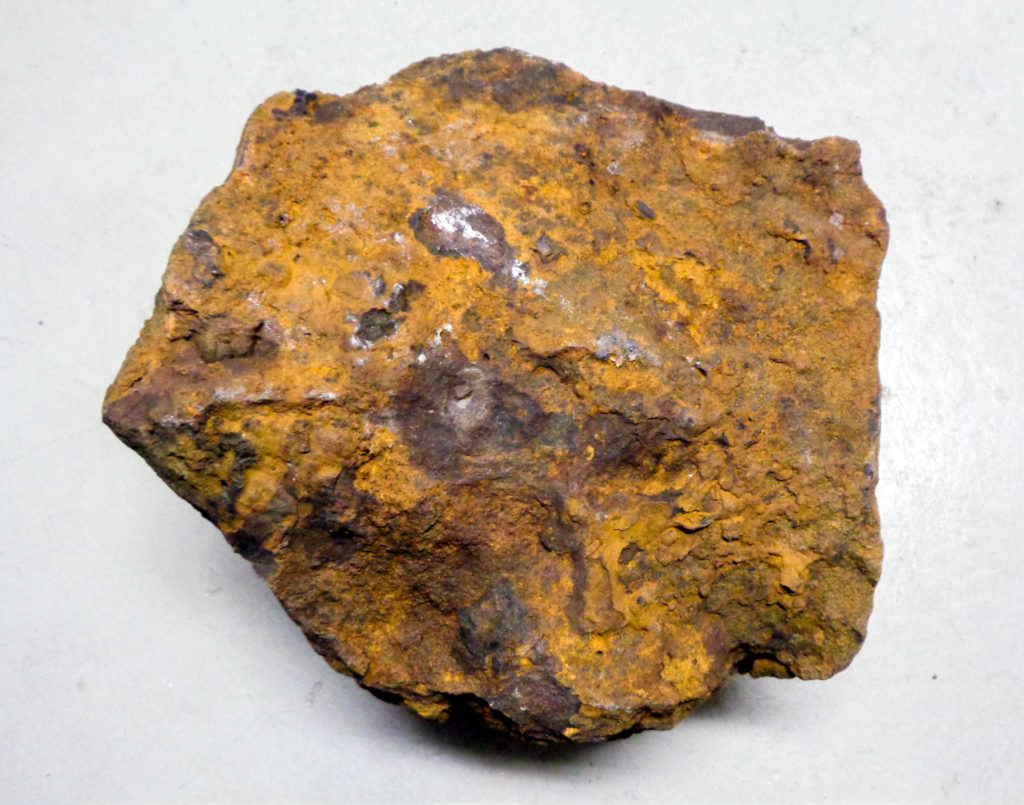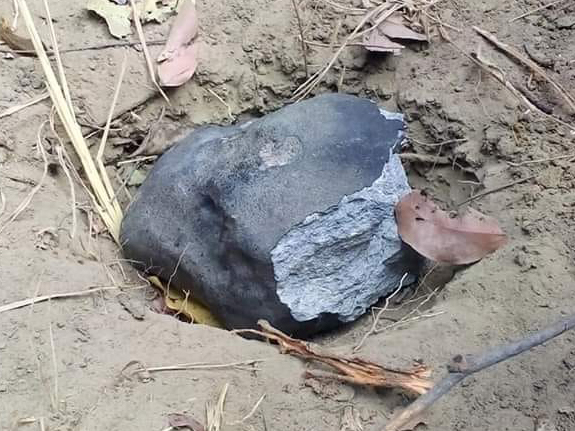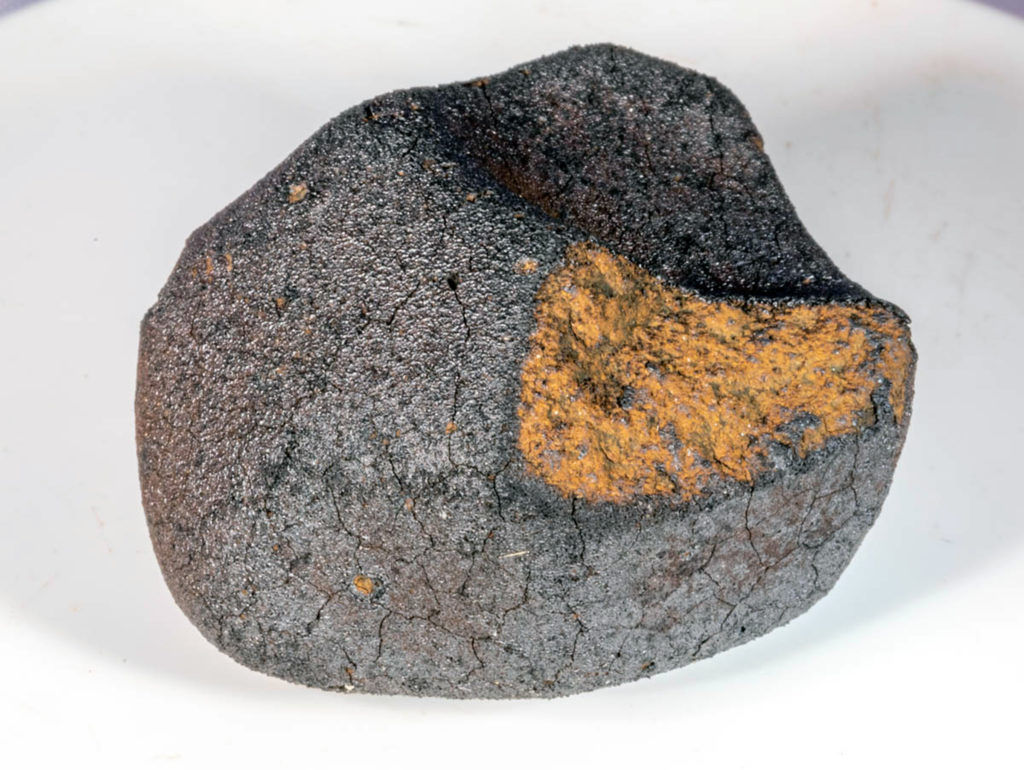Shock experiments with an l-alanine solution and implications for the cometary delivery of amino acids and dimers with enantiomeric excesses to the early Earth
Koichi Mimura, Riku Okada
Geochimica et Cosmochimica Acta
Available online 4 February 2022
“Shock experiments on an aqueous l-alanine solution were undertaken to examine the significance of cometary impacts in supplying prebiotic compounds to the early Earth. The shock pressures and temperatures ranged from 6.5 to 34.0 GPa and 516 to 963 K, respectively. Alanine in the shocked samples decreases in abundance and has higher d/l ratios as the shock temperature increases. The shocked sample at 963 K contained 33% of the starting alanine, which had a d/l value of 0.51. The shocked samples above 643 K all contained isomers of the alanine dimer Ala–Ala, including l-Ala–l-Ala, l-Ala–d-Ala, d-Ala–l-Ala, and d-Ala–d-Ala. A comparison of our study with previous studies indicates that water inhibits the decomposition of alanine and promotes racemization during shock compression. We calculated the shock temperatures at various impact velocities to determine the impact velocity at which alanine can survive when comets and meteorites impact the land or ocean at different impact angles. This impact velocity was much lower for comets than meteorites. The reduction in alanine decomposition caused by water is compensated for by the high shock temperature produced by the high porosity of comets. However, considering that comets are effectively decelerated by airburst and contain large amounts of organic materials, comets would be more important than meteorites in terms of delivering prebiotic compounds, including amino acid dimers with ll enantiomeric excesses, to the early Earth. Comets are likely to have played a key role in the biogeochemical evolution of the early Earth.”

